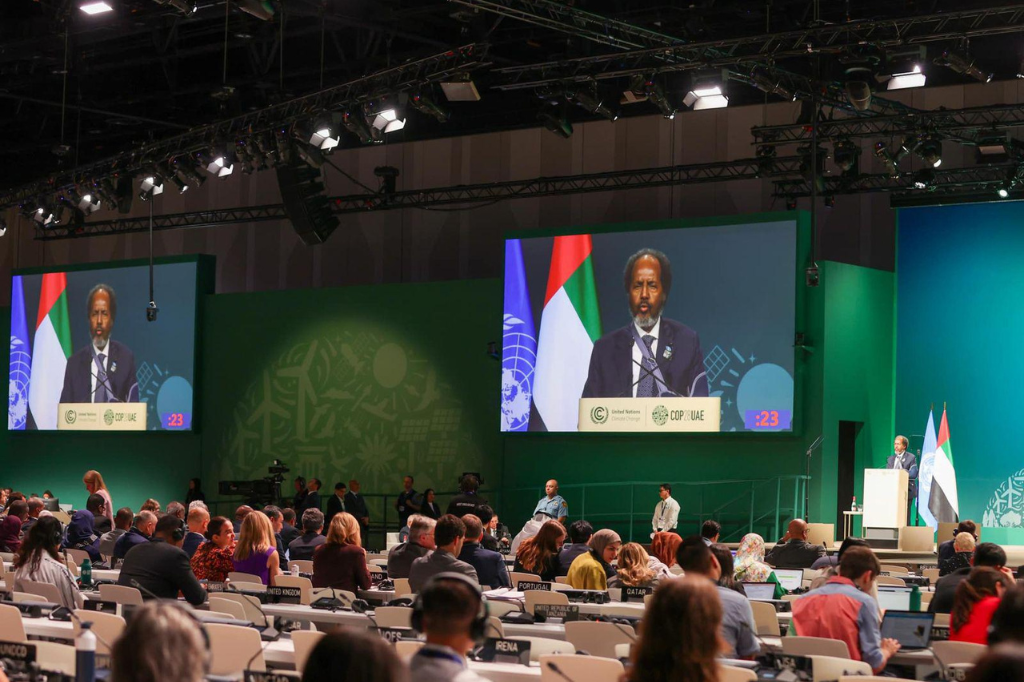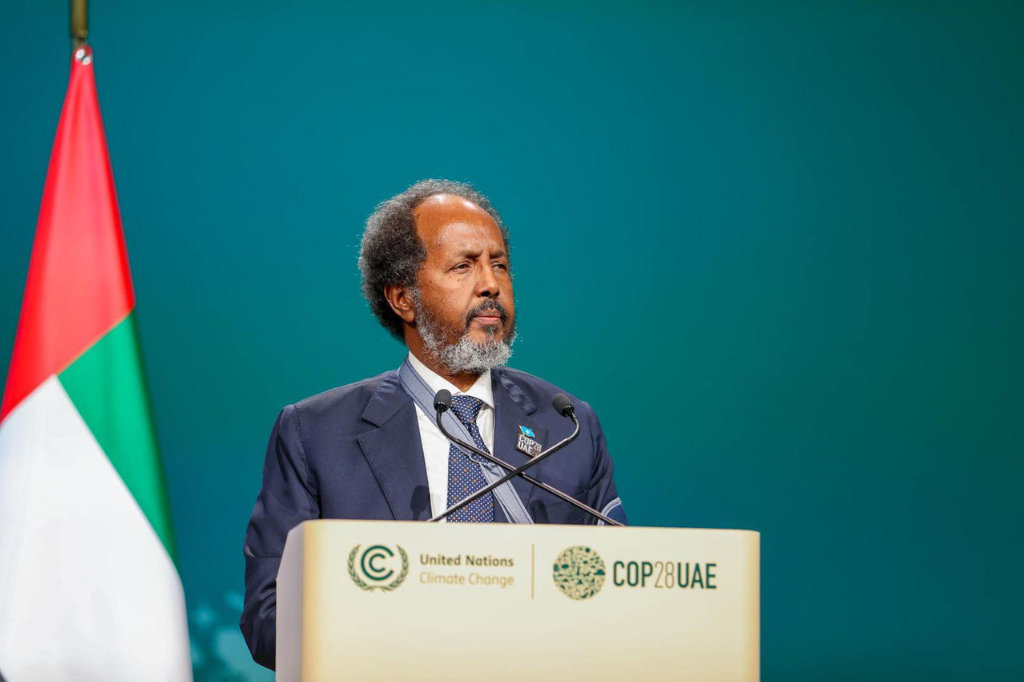
‘Warda Xaashi Ninkeeda’ Has More Meat Than Meets the Eye

When it comes to Somali TikTok or Somali media in general anything can go viral without any rhyme or reason. Ostensibly interesting stories become thing of the past in short few days, while dull ones stay on our collective timelines for weeks. One story that seems to be persistent and to have captured the imagination of particularly Somali women is the poem that narrates the story of ‘Warda Xaashi Ninkeeda”. This seemingly funny poem has more meat than meets the eye.
Deciphering the poem
The poem whose prose translation loosely goes; (as there are no decent men nowadays, I will go after or seek to share Warda Xaashi’ s husband), was first read in public at a function by the poet Ayan Ahmed Aidid (Kaaba) and received very little recognition. Few months later, Kaaba was asked about the poem in a popular podcast. This time, the poem received some traction, but it was not until an a cappella that purports to be a rebuttal was posted on TikTok and suddenly the poem and the song went viral simultaneously. The a cappella declares that Warda’s husband is not for sharing and is content with his family.
As Ayaan Kaaba elucidates Warda Xaashi’s husband is a metaphor for any responsible, kind, generous, easy going, family-oriented man. In a lively short debate I had with Kaaba over the phone, she stressed that Warda’s husband is a monogamist and would lose the above description if he was to marry a second wife or even leave his first wife.
This shocked me as it renders her whole argument redundant. “If marrying another wife or leaving his first family makes him indecent, how are you going to go after him or seek to share him?” I asked her. This seems to have caught Kaaba by surprise. I heard a soft chuckle after a short pause. “I suppose you’re right,” she said defeatedly and added. “The damn rebuttal song is right, isn’t it?”. The poem, as it becomes apparent, is an oxymoron.
The only decent man, is a married man
Regardless of Kaaba’s take, the poem touched a nerve. In Mogadishu’s glitzy cafes, night-time chats between friends seem to revolve around this very issue. The lack of eligible and decent men is an epidemic in the country. Before I knew of the poem, I remember discussing this topic with different female friends who all seemed to have the same take on dating and modern Somali men. They all, without a fail, believe that young guys are a waste of time as they have no loyalty and are bound to disappoint. Older guys, they say, have very little in common with young women. The only decent men, they believe, are the tried and tested married men in their thirties. The trouble is though, they are not available.
The poem resonates because it touches on a rather sore point. It points out something every single woman debated, at least in her head: most decent men are married. However, pointing out how mutually exclusive the idea of being Warda Xaashi’s husband and also being available to be stolen is, triggers sadness that sure dampens the excitement and the mood of any night.
As I reminded Kaaba, the fella is either the much-desired decent guy who is unavailable, or weak and gullible individual that can be persuaded to desert his family, in which case, he’s not Warda Xaashi’s husband, but rather Nadiifa Jaamac’s pathetic spouse. Kaaba laughed and we had an understanding.
- Tags: Kaaba, Poetry, Somalia, Warda Xaashi
Sakariye Cismaan
Related News




Somalia’s Single-Use Plastic Bag Ban Was Long Overdue

Election in Puntland: A Historical Overview


Somalia at COP28 Recap: Key Highlights and Outcomes

Breath of Fresh Air: The Force Behind Mogadishu’s Newfound Security

